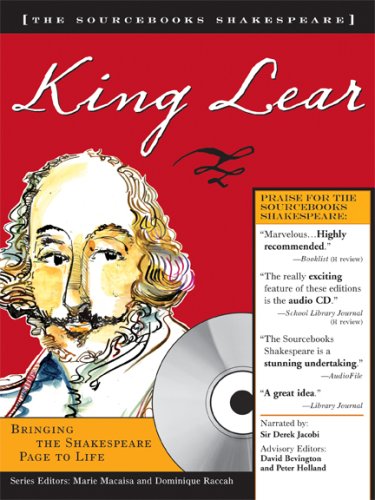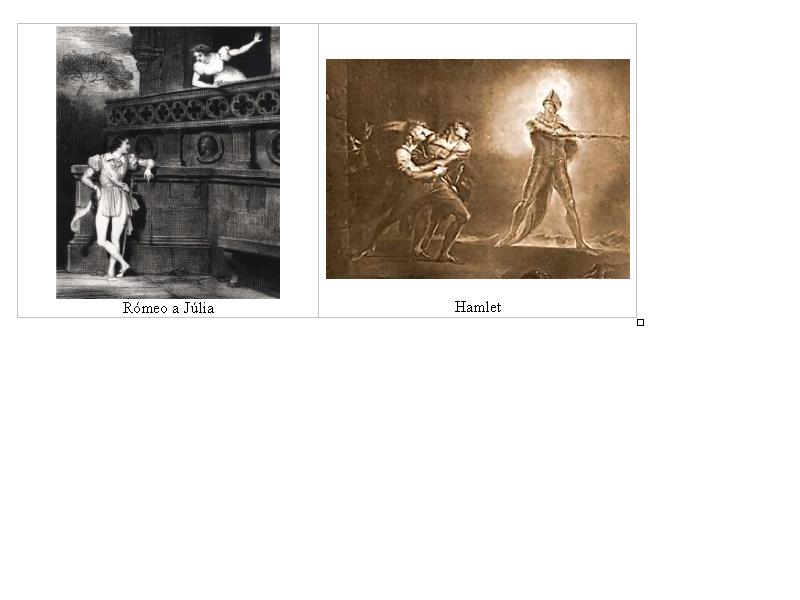

He has served on the board of directors of The Royal Shakespeare Company, and advises productions for the Public Theatre in New York and other companies. His reviews have appeared in The New York Times Book Review, Times Literary Supplement, the London Review of Books, and other publications. Shapiro is also the author of Contested Will: Who Wrote Shakespeare?, Oberammergau: The Troubling Story of the World's Most Famous Passion Play, Shakespeare and the Jews, and Rival Playwrights: Marlowe, Shakespeare, Jonson, and edited the Library of America anthology, Shakespeare in America. His earlier books have received international acclaim, including 1606: The Year of Lear, which won the James Tait Black Prize 1599: A Year in the Life of William Shakespeare, which won the Samuel Johnson Prize and Shakespeare in a Divided America, selected as one of the 10 best books of the year by the New York Times.

James Shapiro is Professor of English at Columbia University, where he teaches Shakespeare. Shapiro finds one question the most pressing: how did Shakespeare become Shakespeare - one of the greatest writers who ever lived? In his winning book 1599: A Year in the Life of William Shakespeare, Shapiro shows how The Bard progressed from his tale of two star-crossed lovers to Hamlet. In the course of 1599, Shakespeare completed Henry V, wrote Julius Caesar and As You Like It in quick succession, and produced the first draft of his greatest play, Hamlet. Their selection was made from a shortlist of six books, taken from the previous 24 prizewinning books. The winner was chosen by a judging panel comprising of: New Statesman editor-in-chief, Jason Cowley (chair) academic, critic and broadcaster, Shahidha Bari journalist, author and academic, Sarah Churchwell and biographer and critic Frances Wilson.

As the winner, Shapiro will receive £25,000. The Baillie Gifford Prize for Non-Fiction Winner of Winners Award marks the 25 th anniversary of the UK's premier non-fiction book prize by crowning the best work of non-fiction from the last 25 years of the prize.


 0 kommentar(er)
0 kommentar(er)
